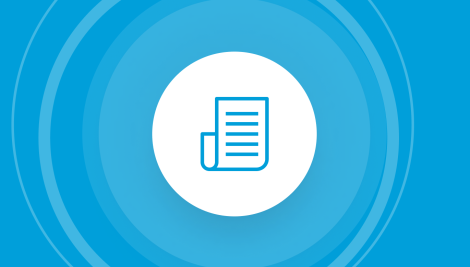Subtitle
Establishing cost-effective allocation of proton therapy for patients with mediastinal Hodgkin lymphoma
A health-economic study by the Jacksonville group. This study utilized (1) patient-level dosimetric information for a cost-effectiveness analysis using a Markov cohort model; (2) population-based data to develop guidelines for policy-makers to determine thresholds of proton therapy favorability for a given photon dose. A 30-year-old adult with MHL was the base case using 30.6-Gy proton therapy versus photon intensity-modulated radiotherapy.
This study found that proton therapy was not cost-effective in the base case for male ($129K/QALY) or female patients ($196/QALY). A 5-Gy mean heart dose decrease was associated with proton therapy incremental cost-effectiveness ratio<$100K/QALY in 40% of scenarios. Proton therapy may be cost-effective a select minority of patients with MHL based on age, sex, and MHD reduction.
